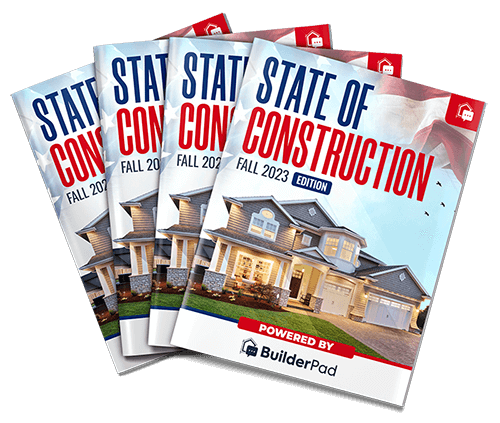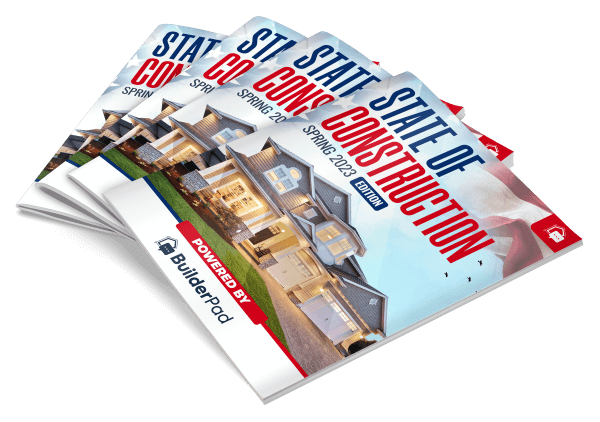In today’s construction industry, energy efficiency is not just a buzzword; it’s a necessity.
With the growing awareness of environmental impact and the rising cost of energy, incorporating energy-saving measures into construction projects is becoming increasingly important.
This shift is not only driven by environmental concerns but also by the economic advantages of reduced operational costs.
Moreover, energy-efficient buildings often provide a more comfortable and healthier living space, adding to their appeal.
Latest Trends in Energy-Efficient Building Design
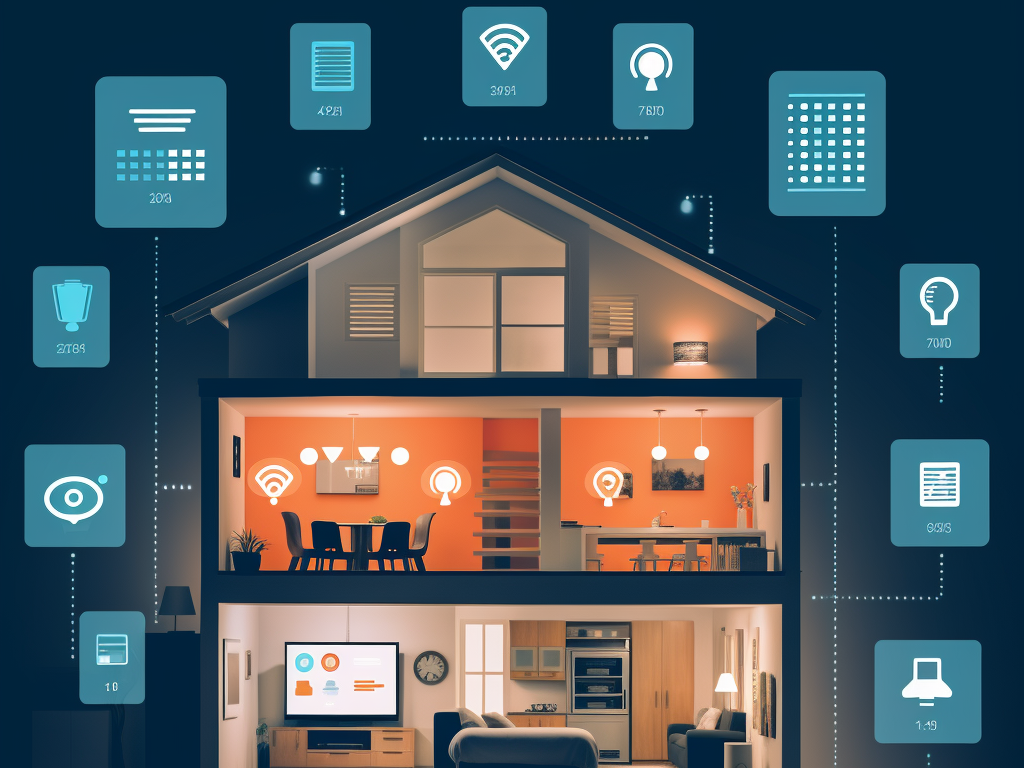
The realm of building design has seen remarkable innovation aimed at boosting energy efficiency.
Architects and engineers are now focusing on designs that maximize natural light, promote better air circulation, and utilize sustainable materials.
These cutting-edge designs are often complemented by advanced insulation techniques and passive solar heating, which further reduce energy consumption.
Furthermore, the use of smart home technologies and IoT devices is becoming increasingly prevalent, allowing for real-time energy management and efficiency.
Case Studies of Energy-Efficient Buildings
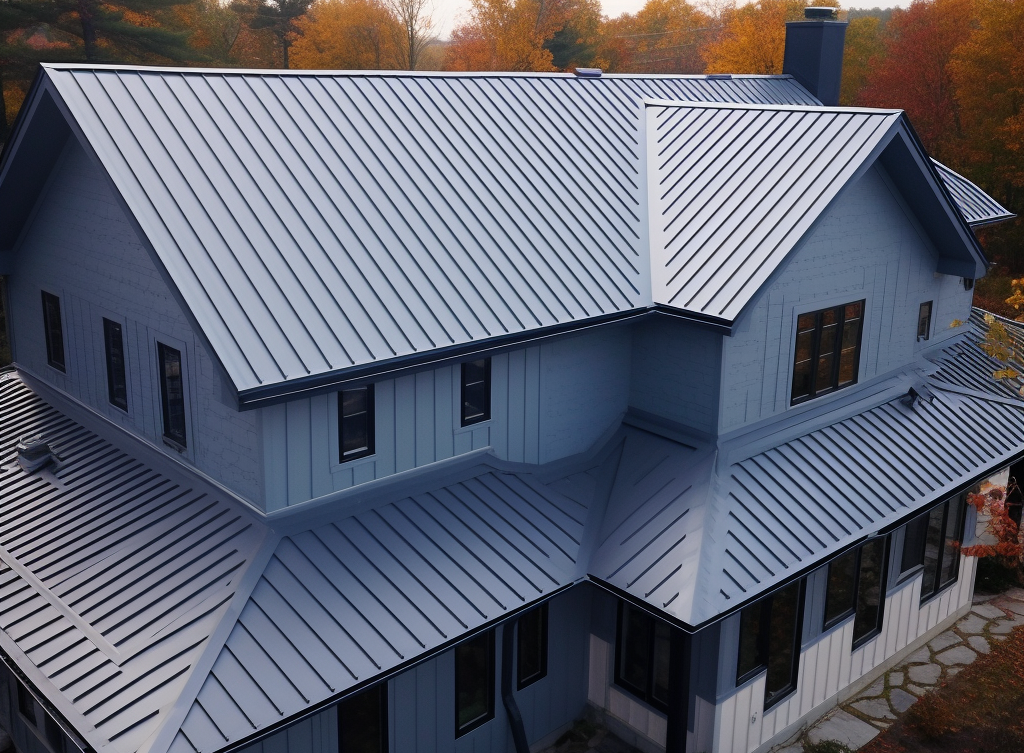
Examining successful examples, such as the Edge in Amsterdam or the Bullitt Center in Seattle, offers insights into practical applications of energy-efficient designs.
These buildings, acclaimed for their minimal environmental footprint, utilize strategies like rainwater harvesting, solar energy, and advanced heating and cooling systems.
These case studies not only demonstrate the feasibility of such projects but also provide a blueprint for future constructions. The success of these buildings has spurred interest globally, leading to a rethinking of traditional construction methods.
Technologies and Tools for Energy Efficiency
The advancement in technology has provided the construction industry with various tools to enhance energy efficiency.
Smart building systems that automate lighting, heating, and cooling have become more prevalent.
In addition to these systems, the use of modern construction tools in managing building operations has shown significant promise in reducing energy wastage.
Also, advancements in materials science have led to the development of more efficient insulation materials and energy-generating windows.
Government Policies and Incentives
Governmental involvement through policies and incentives plays a crucial role in promoting energy-efficient construction.
Many governments around the world offer tax rebates, subsidies, and grants to support sustainable building practices.
These incentives not only make it financially viable for builders to adopt green practices but also encourage innovation in the field. Moreover, the introduction of stricter building codes regarding energy efficiency is pushing the industry towards more sustainable practices.
Challenges and Solutions in Implementing Energy-Saving Measures
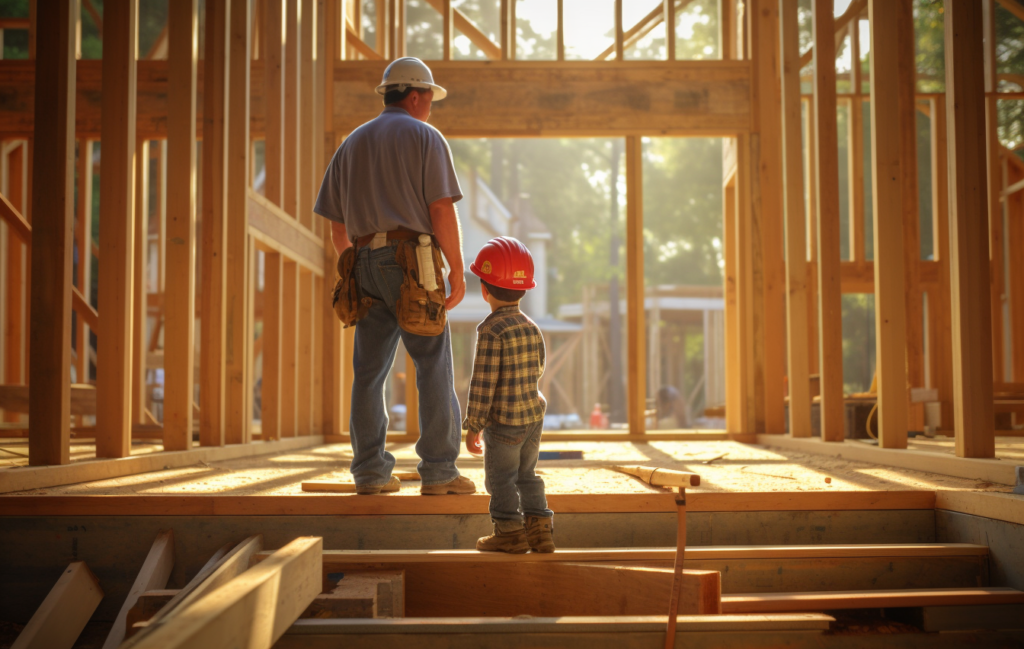
While the benefits are clear, integrating energy efficiency into construction projects comes with its set of challenges. These include higher upfront costs, lack of expertise, and market resistance.
To address these issues, industry collaborations and public-private partnerships are crucial for sharing knowledge and resources.
Additionally, educating clients and stakeholders about the long-term financial and environmental benefits of energy-efficient buildings can help overcome resistance to initial investments.
The Future of Energy Efficiency in Construction
The future looks promising for energy efficiency in the construction industry.
Ongoing research and development in sustainable materials and renewable energy technologies are paving the way for more advanced and affordable solutions.
The growing interest in sustainable living and corporate responsibility is also driving the demand for energy-efficient buildings. Additionally, the rise of green financing options is making it easier for developers to fund energy-efficient projects.
Interviews with Industry Experts

Incorporating insights from industry experts, this article brings to light the practical aspects of implementing energy-saving measures.
Experienced architects, engineers, and construction managers share their experiences, challenges, and the benefits they have reaped from prioritizing energy efficiency in their projects. These insights provide valuable lessons and inspiration for others in the industry, emphasizing the importance of continual learning and adaptation.
The experts also highlight the role of collaboration across different disciplines in achieving efficient and sustainable construction outcomes.
Conclusion
Integrating energy efficiency into construction projects is not just beneficial for the environment and energy conservation; it’s also a smart economic move.
As the construction industry evolves, energy efficiency will continue to play a vital role in shaping sustainable and cost-effective building practices.
This transition to energy-efficient building is not just a trend but a necessary evolution in response to global environmental challenges and market demands.
By adopting these strategies, the construction industry can lead the way in creating a more sustainable future for all.
Takeaways
- Energy efficiency in building design and construction is becoming increasingly important due to rising energy costs, environmental concerns, and the benefits of lower operational costs.
- Cutting-edge building designs maximize natural light, ventilation, and sustainable materials while incorporating advanced insulation, solar heating, and smart technologies.
- Successful examples like the Edge in Amsterdam demonstrate the feasibility of highly energy-efficient construction projects.
- New technologies like automation, analytics, and advanced materials are enabling greater energy efficiency in buildings.
- Government incentives and stricter regulations are driving adoption of energy-efficient construction practices.
- Challenges like higher upfront costs can be addressed through industry collaboration, education on long-term benefits, and innovative financing options.
- Continued research, interest in sustainability, and expert insights will shape the future of energy efficiency in the construction industry.
- Prioritizing energy efficiency aligns with environmental and economic goals for the construction industry.


